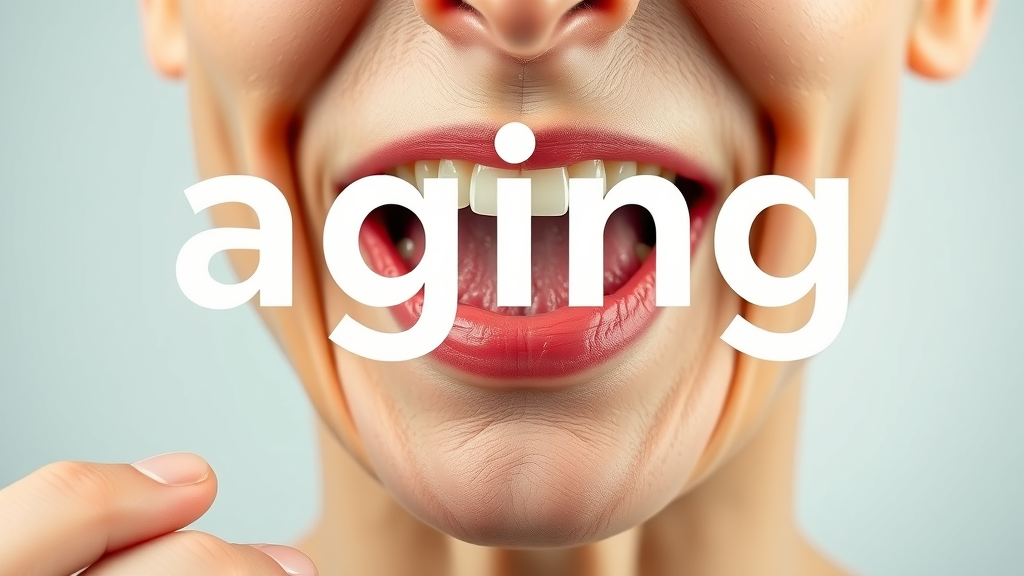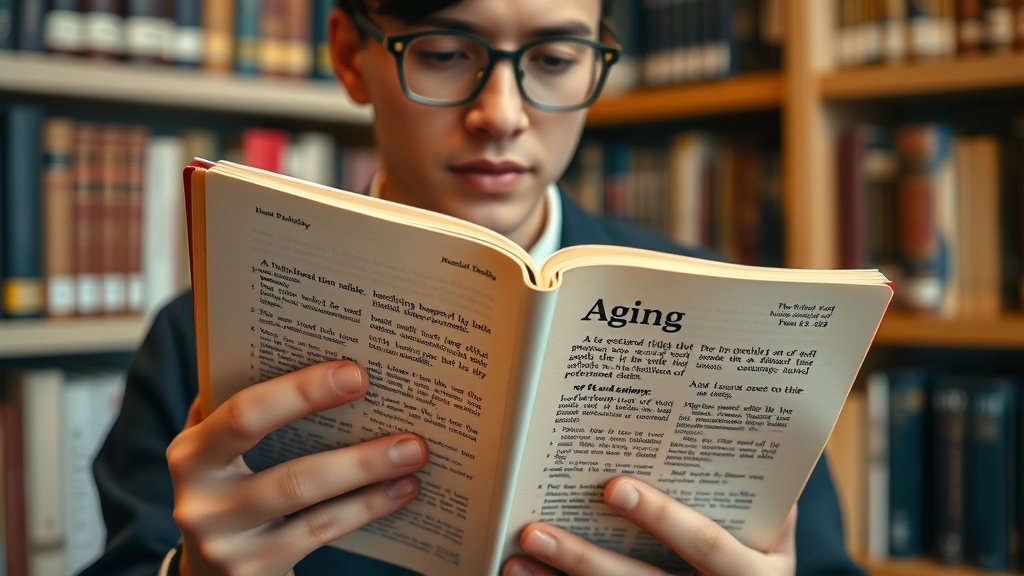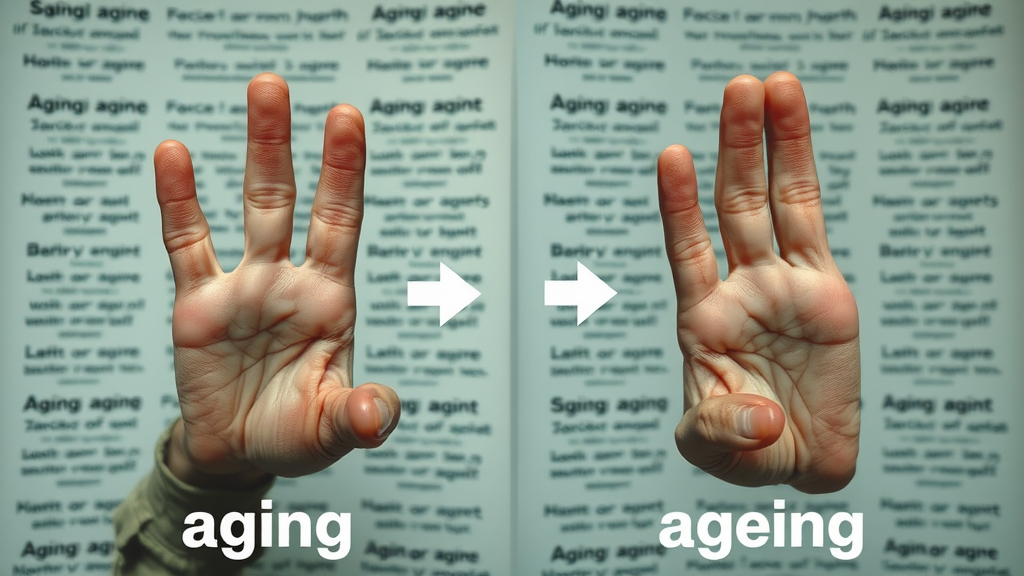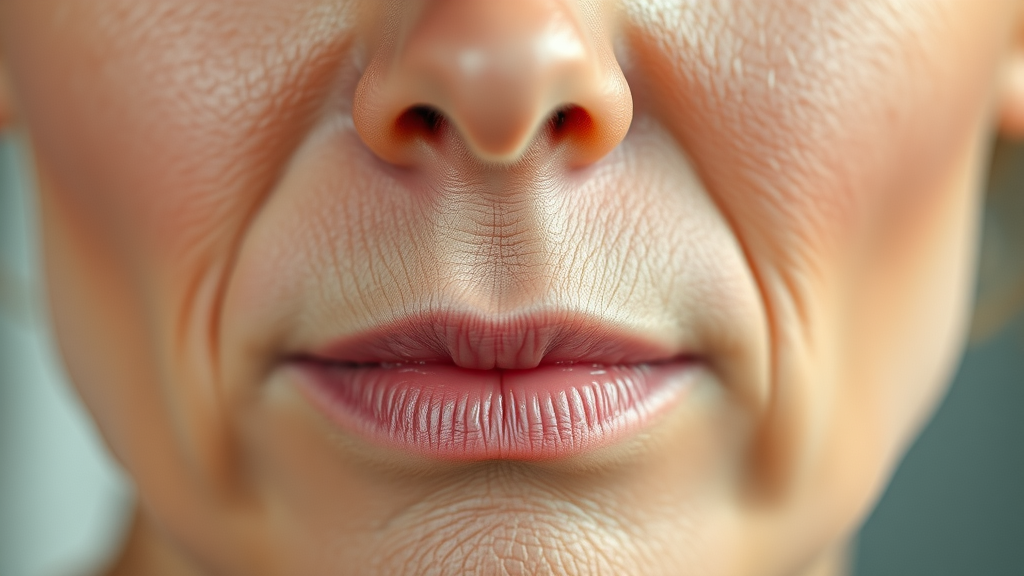"Did you know that 73% of English learners mispronounce common words like 'aging'? What if you're one of them?"
Pronouncing words correctly is crucial for clear communication, especially for non-native English speakers who might be self-conscious about their accent. Understanding the nuances of pronunciation can greatly enhance your linguistic confidence. Let’s dive into the essentials of how to pronounce aging correctly, and explore variations across English dialects to strengthen your pronunciation skills.
Understanding How to Pronounce Aging
When learning how to pronounce aging, breaking the word down into its phonetic components can be immensely helpful. The word 'aging' consists of two distinct parts: the sound 'age,' which sounds like “ayj”, and the suffix '-ing,' which is pronounced as “ing.” Together, the word is articulated as “ayj-ing,” with an emphasis on elongating the 'ay' sound.
- The phonetic breakdown of 'aging'

However, common mispronunciations often arise, particularly with the vowel and ending sounds. Many learners incorrectly stress the ‘a’ as in "apple," or clip the ending, producing a sound similar to "ag-in." Mastering the precise articulation is key to enhancing your English communication skills.
- Common pronunciation mistakes
English Pronunciation Variations
The english pronunciation of words can differ significantly across regions, affecting how ‘aging’ is said in various English dialects. In American English, as previously explained, it follows the phonetic rule “ayj-ing.” In contrast, British English often maintains a more clipped pronunciation that might sound like "ay-jing," with less emphasis on elongating vowels.

- The difference between American English and British English pronunciation
Accents, influenced by regional dialects, further modify the pronunciation of aging. For instance, in Southern English, vowels might be drawn out, whereas Northern English may exhibit a somewhat tighter articulation. Recognizing these subtle changes is crucial for linguistic versatility.
- How regional accents affect pronunciation
| Region | Pronunciation |
|---|---|
| American English | Ayj-ing |
| British English | Ay-jing |
| Australian English | Ei-ging |
Word of the Day: Aging
Why 'aging' is today's word of emphasis: Focusing on 'aging' not only aids in perfecting its pronunciation but also highlights its significance in academic and colloquial communication. "Aging" appears frequently in discussions about english pronunciation, health, and demographic studies, marking it as a term of cultural and practical importance.

Aging, encompassing both the physical and metaphorical passage of time, carries profound cultural meanings. Understanding its proper pronunciation ensures clearer exchanges in global dialogues that discuss societal developments and individual experiences.
- Cultural significance in language
How to Pronounce Aging in American English
For American English learners, a step-by-step approach can demystify the pronunciation of 'aging.' Begin with the syllable “age,” allowing your tongue to glide towards the back of your mouth to achieve the 'j' sound seamlessly. Proceed to add the “-ing,” with a relaxed ending. This stepwise method helps anchor the correct sound.
- Step-by-step pronunciation guide
Utilizing pronunciation tools is an excellent way to refine your skills. Listening to audio clips from native speakers can solidify these skills by providing live examples, enhancing your ability to mimic and master the authentic pronunciation of ‘aging’.
- Audio examples of correct pronunciation
PAA: How do you pronounce the word "aging"?
Experts suggest breaking the word into syllables: 'age' + 'ing'
The word 'aging' is commonly pronounced as “ayj-ing.” Begin by elongating the 'ay' portion, blending into the gentle 'j' with your tongue positioned slightly upward. The ending “ing” should flow effortlessly, being both short and soft.
PAA: Which one is correct, aging or ageing?
- In American English, “aging” is the predominant spelling for indicating the process of getting older. In contrast, “ageing” is generally used in British English contexts, reflecting subtle orthographic variations preserved in regional dialects.

PAA: Is it aging or ageing in the US?
- As noted, 'aging' is the standard spelling in American English, aligning with American orthographic rules and pronunciation norms. This differs from the British preference of 'ageing' which is equally valid within its own linguistic regions.
PAA: How do I pronounce aged?
- The pronunciation of 'aged' varies significantly based on its role in a sentence. When used as an adjective (e.g., “aged cheese”), it is pronounced as “ayd-jd”. As a verb (e.g., “he aged quickly”), it softens to “ayd-jd,” maintaining the core sound taught previously.
Quotes on Language and Pronunciation
"Language is the dress of thought." – Samuel Johnson
"To have another language is to possess a second soul." – Charlemagne
Conclusion on the Importance of Correct Pronunciation

- Correct pronunciation is pivotal for effective communication and deeper comprehension in any language.
- We encourage continued learning and practice to ensure linguistic growth and mastery.
Improve your pronunciation skills today and enhance your linguistic confidence!
 Add Row
Add Row  Add
Add 



Write A Comment